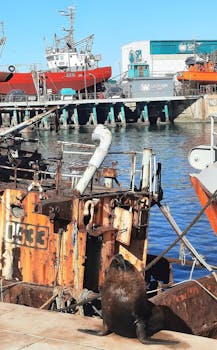Bali

Bali’s tourism industry is booming, with a record 6.3 million international visitors in the first nine months of 2023, driving economic growth but also straining the island’s resources. The surge in tourism has put pressure on water supply and waste management systems, with areas like Seminyak, Canggu, and Uluwatu experiencing regular water shortages due to over-extraction.
To address these concerns, officials are proposing a tourism levy, potentially starting in early 2024, ranging from 150,000 to 1,000,000 Indonesian Rupiah ($10 to $65 USD) per visitor. The funds generated would support environmental protection, cultural preservation, and infrastructure improvements. However, stakeholders are debating the potential impact on tourist numbers, particularly budget travelers.
The Indonesian government is also tightening rules for digital nomads, requiring them to obtain the correct visas, such as the B211A Visa or Second Home Visa, and pay local taxes. This move aims to formalize their presence and ensure fair contribution to the local economy, addressing concerns from local workers about unfair competition.
Despite the challenges, Bali remains a popular destination, with Denpasar’s I Gusti Ngurah Rai International Airport consistently busy. The recent Asia-Pacific Economic Cooperation (APEC) summit demonstrated Bali’s capability as an international host, with increased security measures and logistical preparations.
The island is also showcasing its cultural identity, as seen in the Garuda Wisnu Kencana Cultural Park festival, highlighting the importance of preserving traditions. Meanwhile, volcanic activity at Mount Agung is being closely monitored, with alerts remaining at Level 2 (Watch) and regular assessments in place.
To achieve a more sustainable tourism future, the Indonesian government is promoting lesser-known areas like Nusa Penida and North Bali, aiming to distribute economic benefits and alleviate pressure on southern regions. This diversification strategy is part of a broader effort to balance economic growth with environmental sustainability and cultural preservation, ensuring Bali’s long-term appeal as a tourist destination.

 04 May 2025
04 May 2025 Share
Share


